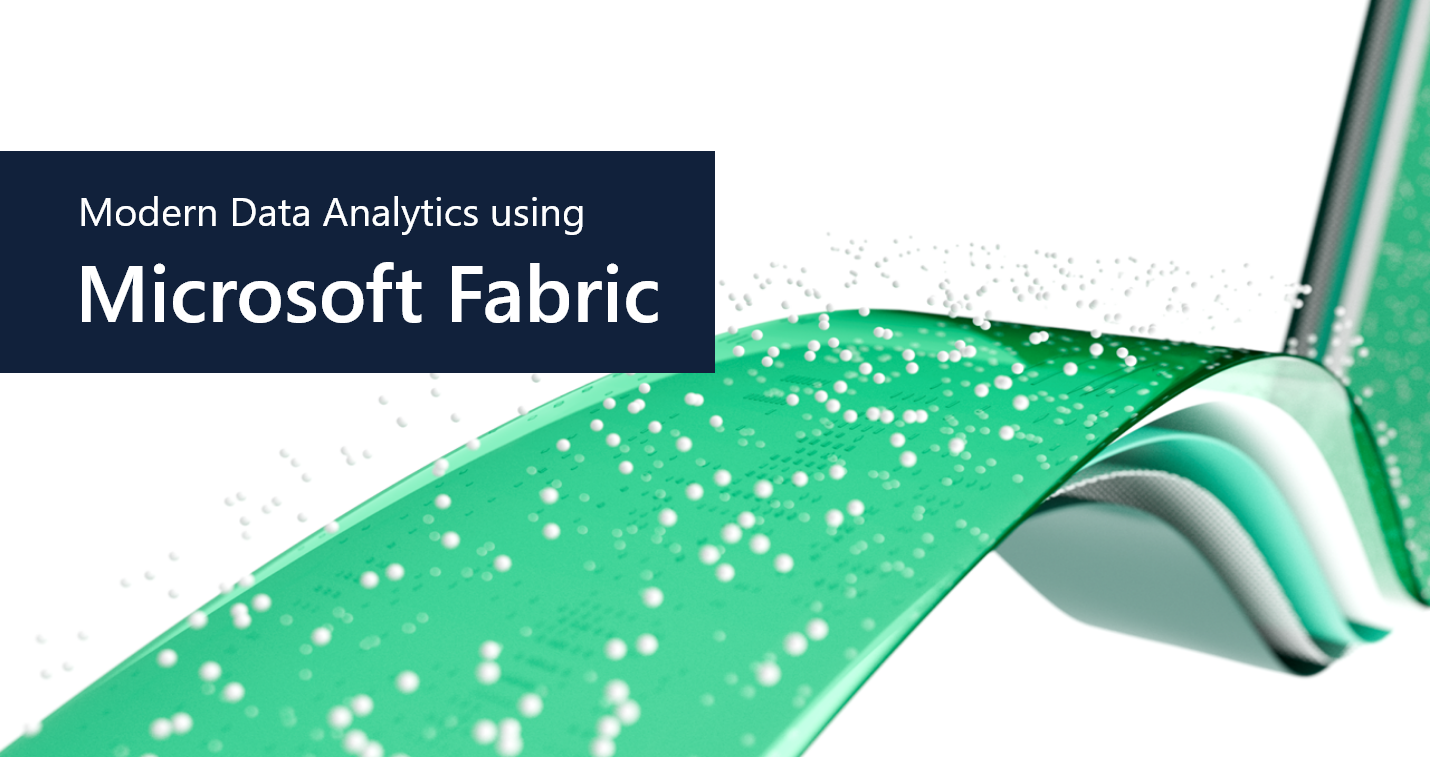
The launch of Microsoft Fabric for public preview is here!
Our journey with Fabric's product engineering teams has been a thrilling six-month experience. Throughout this journey, we had the opportunity to evaluate various customer scenarios and share our insights with the Microsoft team.
Being part of realizing the product vision has been a valuable experience in our longstanding partnership with Microsoft. It has been an honor to support the Microsoft team on their transformative journey.
In this next phase, we eagerly look forward to leveraging Microsoft Fabric to empower our customers. Fabric's unified platform offers immense potential to transform the way our customers approach data analytics. Fabric offers a seamless experience for data storage, access, security, and reporting management, with more features coming soon.
We are excited to be at the forefront of this groundbreaking initiative and remain committed to driving innovation—through the power of Fabric.
Data modernization
Microsoft Fabric empowers organizations to achieve more with their tracked data through easier, more secure, and cost-effective management. With Microsoft Fabric, you will have a comprehensive data platform that enables you to:
1. Avoid data silos, data duplication, and vendor lock-in
One copy of data is stored and referenced in OneLake—a SaaS, multi-cloud data lake—throughout data engineering, analytics, ML insight generation, and reporting processes.
2. Significantly reduce costs, improve collaboration, and simplify purchasing
Microsoft Fabric uses a simplified single licensing model for all data needs, reducing the overall cost of ownership.
3. Accelerate time to market
Integration of technologies and AI Copilot make Microsoft Fabric the fastest way to develop and get insights from data.
4. Foster a data-driven culture within your organization via data democratization
Open AI integration enables business users to generate more value from their data.
5. Define and manage data security and lineage in a single place (OneLake)
Fabric provides a standard security compliance model for your data, all in one place. It enables easy tracking of data lineage across processing and reporting scenarios for a comprehensive understanding of data flow.
COMETS framework
Through our decades of experience, we have created a framework to guide our processes. Our COMETS framework combines expertise, best practices, and modern techniques to help customers maximize their business opportunities. Microsoft Fabric makes it easy for organizations to take the next step in their modernization journey and enables all the principles identified in our COMETS framework.
Customer-centric: Fabric provides a unified experience and architecture that caters to the specific needs of various roles in the analytics process. This includes data engineers, data warehousing professionals, data scientists, data analysts, and business users.
Optimize: Fabric offers a lake-centric approach with OneLake, simplifying the creation, integration, management, and operation of data lakes. OneLake eliminates data duplication and promotes data discovery, sharing, governance, and compliance. Fabric also provides compatibility with Azure Data Lake Storage Gen2. The consolidation of services allows you to manage all your resources—from storage to computing and reporting—under 1 capacity.
Modernize: Fabric embraces open data formats, treating Delta on top of Parquet files as the default format for all workloads. This format enables customers to work with structured and unstructured data, reducing the need for separate copies of data for different analytic uses.
Empower: Fabric leverages AI capabilities through Azure OpenAI Service, allowing users to unlock the full potential of their data. Copilot in Microsoft Fabric enables conversational language interactions for creating dataflows, generating code, building machine learning models, and more.
Transformative: Fabric deeply integrates with Microsoft 365 applications, such as Power BI, Excel, Teams, PowerPoint, and SharePoint. This integration enables users to discover, analyze, and apply insights directly from their everyday tools. It also fosters a data culture where everyone can make better data-based decisions.
SAAS-ification: Fabric provides a unified architecture that encompasses all aspects of data management. This allows organizations to design and implement reusable frameworks that can be applied across various analytics projects. Seamless integration with popular analytics tools and libraries, such as Python, R, and Apache Spark, enables organizations to leverage their existing codebase and libraries. Fabric allows users to create customizable templates for common analytics tasks or workflows. These templates can include pre-configured settings, data transformations, and analytics algorithms, making it easier to replicate and reuse them across projects.
---------------------------
For demos, workshops, and getting insights on how to pilot Microsoft Fabric within your organization, please reach out to Sales@MAQSoftware.com.
You can read more about Microsoft Fabric at aka.ms/fabric.
